Retro Replay Review
Gameplay
Gravitation unfolds as a deceptively simple vertical platformer where the player guides a bitmapped character through eight-minute sessions. At first glance, the lack of explicit tutorials or goal indicators can feel disorienting. Instead, discovery becomes the core joy: you explore ascending platforms, experiment with movement, and gradually uncover how stars, a fireplace, and a bouncing ball interplay to shape both mechanics and meaning.
The primary challenge revolves around collecting floating blue stars. Once plucked from their perches, these stars become numbered blocks that count down from nine to one as they drift back to the ground. To bank points, you must push them into the fireplace. But stack too many blocks and navigating tight ledges becomes a puzzle in itself. This tension between hoarding stars for personal achievement and managing your maneuverability echoes the game’s deeper themes.
Interwoven with the star-collecting is your interaction with Mez, the protagonist’s son, who remains on the lowest level. Tossing a ball with him clears the sky and mentally “refreshes” the main character, enabling higher jumps and fuller mobility. However, lingering in upper levels without reconnecting with Mez causes him to vanish, leaving only a solitary red ball—an unspoken critique of neglect and ambition gone awry. The choice between relentless star hunting and tender moments with Mez gives each playthrough a poignant emotional weight.
Graphics
Visually, Gravitation employs a minimalist, bitmapped aesthetic akin to Jason Rohrer’s Passage. The blocky sprites and muted color palette evoke retro charm, yet every pixel feels intentional. As you climb, subtle shifts in background hues—ranging from pale dawn skies to frigid twilight blues—mirror the protagonist’s fluctuating mindset.
The dynamic frame resizing is a clever touch: staying aloft too long causes the playable window to shrink and the scenery to grow colder, while reuniting with Mez or stoking the fireplace restores warmth and clarity. These visual transformations aren’t merely decorative; they serve as an immediate barometer for your mental and emotional state within the game’s metaphorical narrative.
Despite its simplicity, Gravitation’s art direction is remarkably expressive. The moment flames sprout from the character’s head—signaling a manic creative burst—is both unsettling and beautiful. Small details, like the dimpled texture of the pixel stars or the lone red ball left by Mez, resonate long after you quit playing, demonstrating that minimalist graphics can carry profound emotional weight.
Story
At its heart, Gravitation is an autobiographical meditation on fatherhood, creativity, and emotional balance. Jason Rohrer draws from his own experiences, casting the father-son relationship as the game’s emotional core. While no text or dialogue explains the narrative, the symbolism—stars as creative fruits, the fireplace as personal grounding, and Mez as a source of unconditional love—is crystal clear.
The sparse narrative unfolds through gameplay mechanics rather than cutscenes or exposition. Losing Mez by chasing too many stars becomes a narrative beat in itself, highlighting how pursuits of ambition can risk neglecting loved ones. Conversely, ball-tossing sessions with Mez restore harmony, suggesting that play and presence are as vital to personal well-being as professional achievement.
This nonverbal storytelling encourages repeated play. Each session’s eight-minute timer offers the chance to discover new emotional nuances—perhaps you focus on collecting every star, only to feel hollow when Mez disappears. Or you might prioritize playtime with your son, foregoing accolades but savoring the warmth of connection. Either way, Gravitation’s narrative reveals itself gradually, rewarding patient exploration.
Overall Experience
Gravitation isn’t for players seeking traditional platforming challenges or clear-cut objectives. Instead, it offers a short, looped journey that blends mechanics and metaphor into an evocative, art-game experience. Each playthrough is compact enough to fit into a coffee break but rich enough to spark reflection on creative drive, familial bonds, and the cost of ambition.
The game’s pacing and timer-driven structure encourage experimentation. Will you risk losing Mez to collect that last star? Can you strike a balance between productivity and play? These questions linger long after the eight-minute timer expires, inviting multiple replays to unpack the game’s emotional layers. It may not satisfy those craving high-octane action, but it will resonate deeply with players open to introspective, design-driven storytelling.
Ultimately, Gravitation stands as a compelling example of how minimalist design can convey profound themes. Its deliberate avoidance of explicit instructions fosters a sense of discovery, and its sensitive portrayal of a parent-child relationship offers genuine emotional impact. For gamers intrigued by artful, thought-provoking experiences, Gravitation is a must-play experiment in interactive narrative.
 Retro Replay Retro Replay gaming reviews, news, emulation, geek stuff and more!
Retro Replay Retro Replay gaming reviews, news, emulation, geek stuff and more!

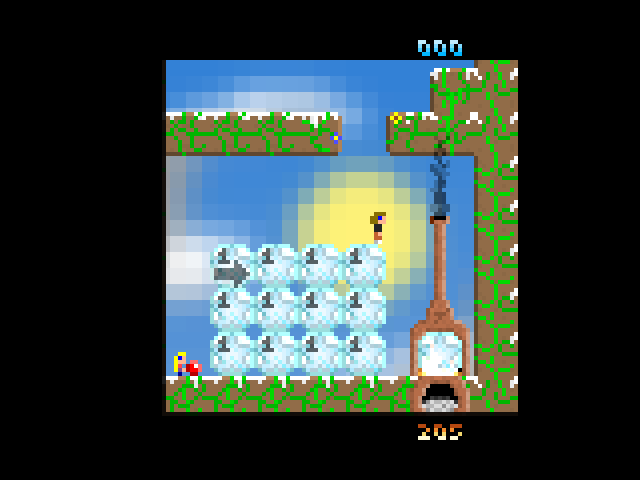
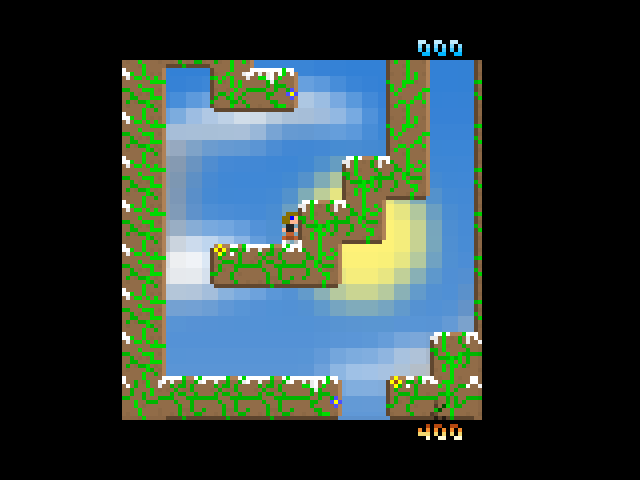
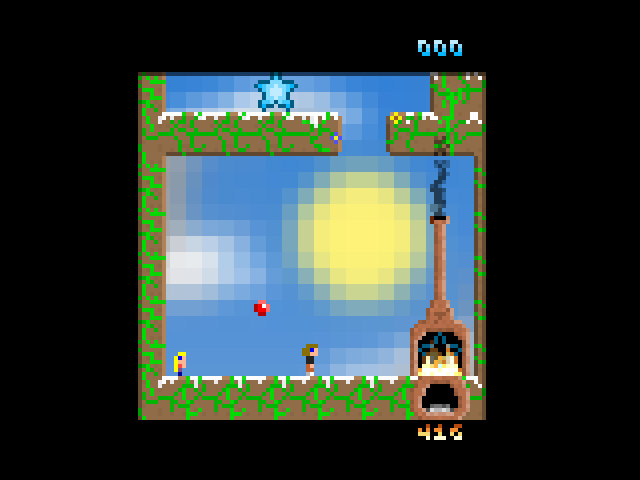
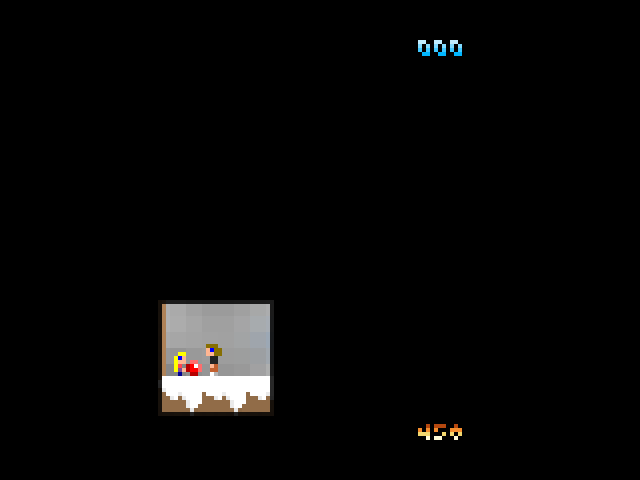
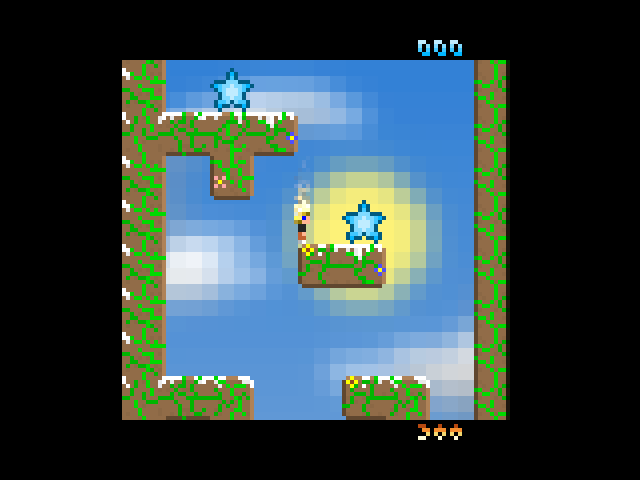



Reviews
There are no reviews yet.